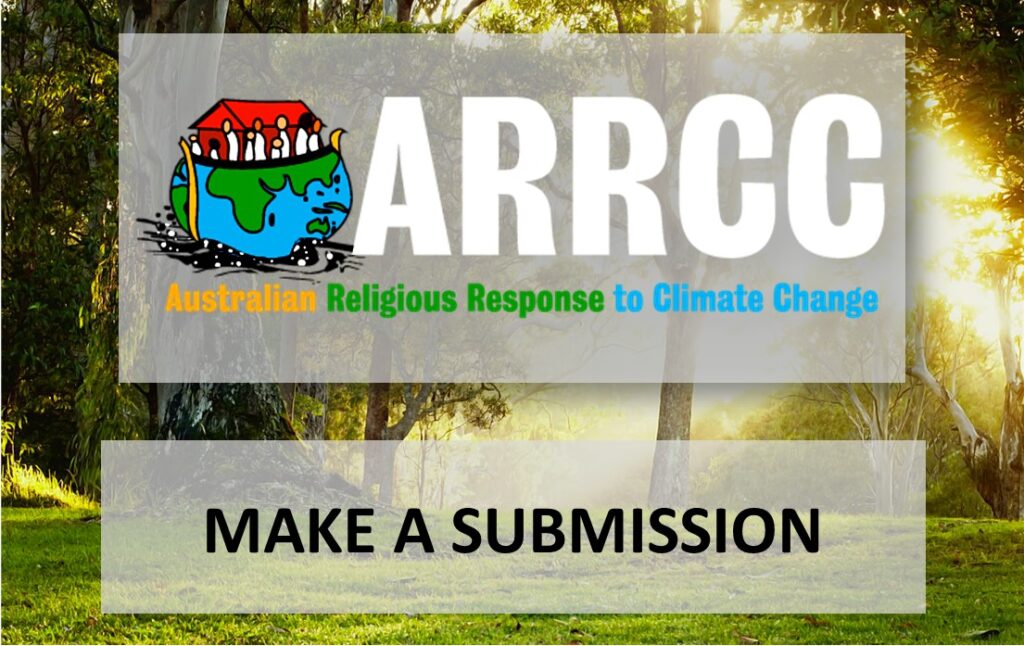“ARRCC and others in the environment movement have been waiting for this moment! After many months of closed-door consultations, the public finally has a chance to comment on the Federal Government’s ‘Nature Positive Plan’.”
Call for submissions to EPBC Review
Source: https://www.arrcc.org.au/epbc_act
“ARRCC and others in the environment movement have been waiting for this moment! After many months of closed-door consultations, the public finally has a chance to comment on the Federal Government’s ‘Nature Positive Plan’, ie, what is being proposed for Australia’s revised Environmental Protection and Biodiversity Conservation (EPBC) Act.
Submissions are due by 30 March 2024. Please make this a priority over writing a letter to Minister Plibersek.
Your submission does not need to be long or complicated, and it does not need to cover all the issues in the EPBC legislation. If you have written a letter to the Environment Minister, the wording could be a sound basis for your submission.
In their advice on writing a submission to the Review process, Environmental Justice Australia says the best submissions are unique. There are three steps:
1. Say why you care.
2. Write about the changes you want to see.
3. Make the submission via website: https://consult.dcceew.gov.au/australias-new-nature-positive-laws (Page 2 of the survey is where you can upload your prepared submission.)
ARRCC’s focus remains on the fact that the proposed Nature Positive Plan fails to include consideration of global climate impacts of new mining projects or project expansions. The proposed Act does have a ‘climate trigger’ but it comes into play only when the greenhouse gas emissions from any proposed project might contribute significantly to our domestic total. Where a new project with significant emissions, such as a coal mine, is approved the Minister for the Environment must refer it to the Minister for Climate Change who, in turn, may impose a range of obligations on that mine to reduce their pollution. These are obligations under the new Safeguard Mechanism.
Climate impacts also feature in the Nature Positive Plan, in that developers will be required to offer ‘landscape scale assessments’ which build in adaptation and resilience measures to address future local climate change impacts.
While welcome, it is essential that we also stop adding new emissions to the atmosphere via our exports, which are currently about double our domestic emissions. Australia has a clear moral responsibility here, even if Scope 3 emissions are officially counted by other nations under the Paris Accord.
The reality is that the Paris Accord is inadequate. It only puts restraints (albeit voluntary) on emissions from the burning of fossil fuels while the production of fossil fuels remains entirely unchecked. This lopsided approach has led to a robust international push from the Pacific and the environment movement for a global Fossil Fuel Non-Proliferation Treaty to complement the Paris Accord.
Our main requests are that the EPBC Act should:
- Put climate impacts at the heart of the Act by making climate a ‘matter of national environmental significance’ (MNES). At the moment, the nine matters of national environmental significance do not include protection of the environment from activities that will impact on the climate.
- Ensure that the full climate impacts of projects, which includes greenhouse gas emissions from the products burned overseas, are included as factors to be considered in the assessment of projects.
- The Minister for the Environment should have the power to reject mining projects because of their potential climate impacts.
The central concern of the EPBC Act is the conservation of species and ecological communities. It would be strategic to note that the effect on the earth’s climate of coal and gas mined in Australia and burned overseas, will have an unacceptable impact on the viability of endangered species and ecological communities. They will be part of what causes irreversible damage to World Heritage-listed places like the Great Barrier Reef. They will cause irreversible damage to the ecological character of most of our wild places.
Other aspects of ARRCC’s position on the EPBC can be found in our most recent letter to the Hon. Plibersek…”

